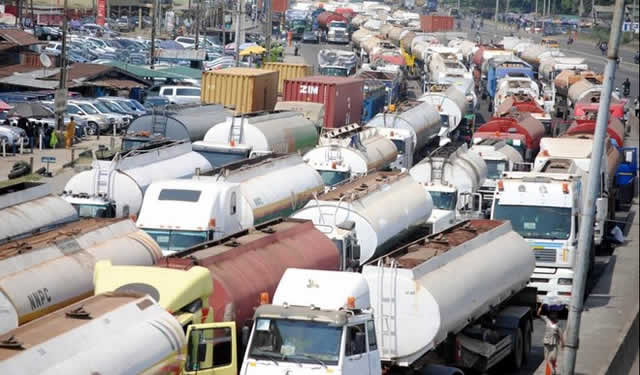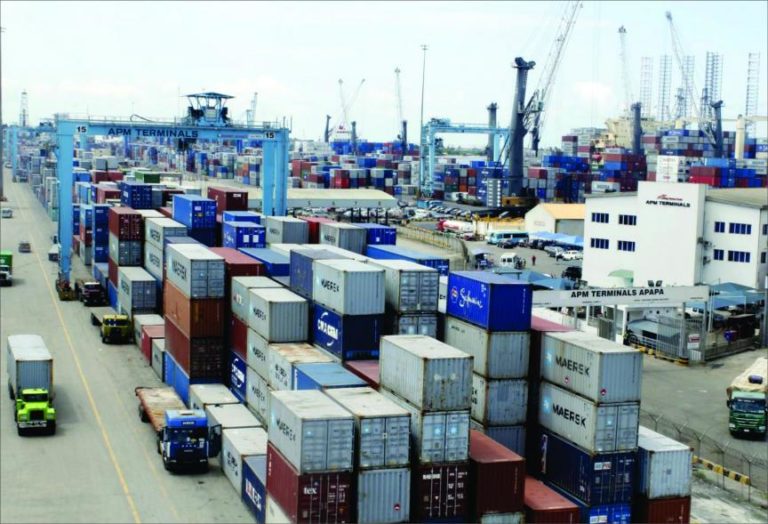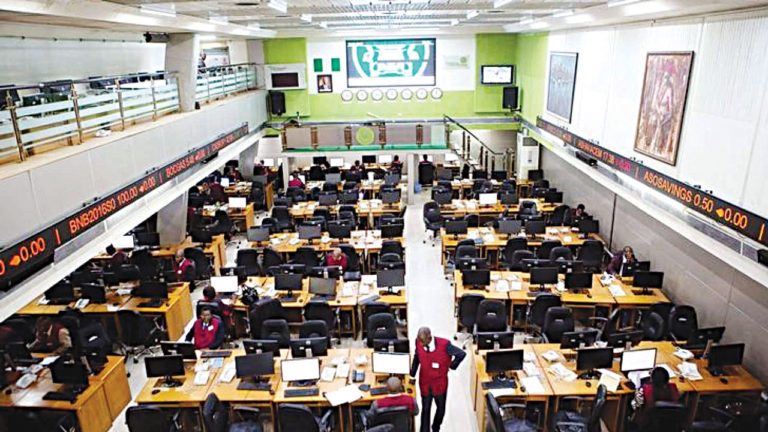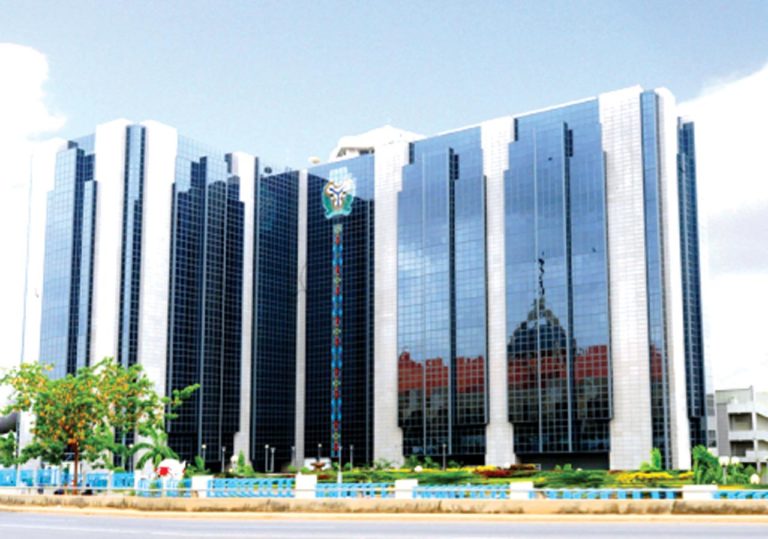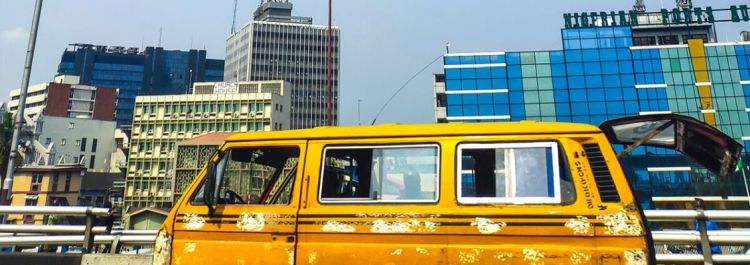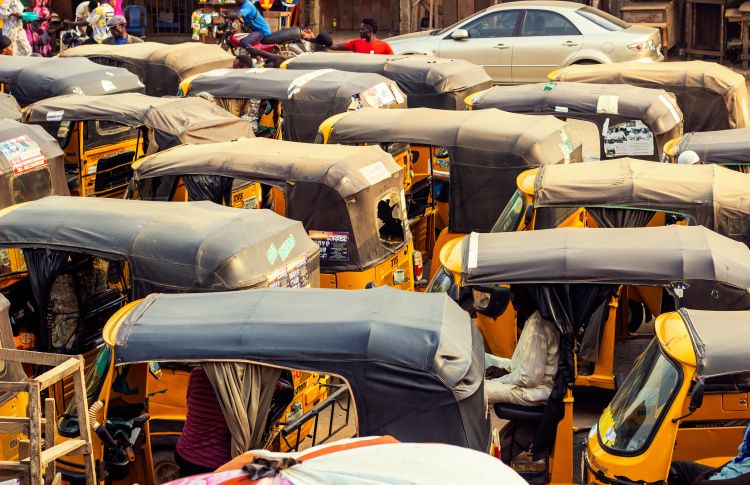Tax, as part of the social contract, is used to oil the hinges of governance. But in Lagos State of Nigeria, some informal taxes enter insecure treasury, as the payers are not recognised, writes JANET OGUNDEPO
Mr. Tunji Ahmed, a commercial mini bus driver, enrolled his youngest child, Kike, in a Lagos State Government secondary school. Among the documents required for registration in a Lagos public school is the parent’s or guardian’s tax clearance. Ahmed, being a self-employed commercial driver, buys tickets every day from the National Union of Road Transport Workers, but does not know if the monies pass for tax. When he inquired from his fellow drivers, he was told that some agents get the tax clearance for them at a fee. They also suggested an alternative to him: to give someone working with the state’s civil service money to help him get it.
Ahmed, a graduate, who had job-hunted for three years after youth service before he finally took the bus on hire purchase, wondered why he should pay tax again after settling government as someone operating in the informal sector of the economy. How about the daily loading tickets he buys? Who gets the money? If the money is not tax, then why should he pay?
Enter NURTW
The agberos (loaders/touts), who are christened transport union officials, according to Naija Chronicles, came to the fore in the early 1980s when kidnapping was rampant. The government then decreed that all commercial bus and cab drivers must be members of the NURTW and have their identity cards displayed in their vehicles, with a passport photograph attached. Consequently, the union officials, in the name of union dues, started to forcefully extort bus drivers. Owo lodin (loading fee, even when the driver loaded by picking passengers along the way), owo chairman (chairman’s money), owo police, owo weekend and owo odun are some of the names used to fleece the toiling transporters. Bus drivers, who try to evade the payment risk damage to their buses by the touts. Wipers, passengers’ seats, side mirrors, fuel tank covers, spare tyres, among others are removed from the vehicles of stubborn drivers. Ironically, the commercial drivers are also members of the NURTW.
However, the police and military personnel, who are not even members are treated as sacred cows by NURTW officials. They seldom pay transport fares and their buses are not disturbed.
Million dollar questions
A huge amount is reportedly raked from transporters in Lagos everyday. A study in 2015 put the amount made from tricycle operators alone at N15m. Who manages these funds and whatt are they used for? From Ahmed’s story, it seems the collections are not part of government’s Internally-Generated Revenue, since the payers are not recognised as tax-payers.
The drainpipe
In what seems to be collecting from the struggling worker to feed lazy bones, these informal tax collectors are reportedly on the road to diligently serve their bosses, who reward them at the end of the day.
Some of the union’s foot soldiers hazard answer to some of the questions. Financial Street gathered that the collections were daily remitted to the NURTW chairman in each of the zones, to be shared among other executive members and the touts. It is also reportedly used for the wefare of members and for road maintenance.
But some of the claims, especially that of road maintenance, are doubtful. This is because areas like Ijegun, where the touts religiously collect money from commercial motorcyclists and tricyclists, do not have a single good road or street.
Mr. Ismaila Dairo, a union official in Bariga, said, “The money is meant for the chairman of NURTW, the treasurer, secretary and other exco members of that zone. It is also for repairing the road around the zone area.”
Mr. Aliu Kasali, another official in Shomolu area, corroborated Dairo. “The money is given to the chairman, who stands as the caretaker of Shomolu area because we do not have a chairman yet,” he said.
However, Mr. Emeka Uzor, a driver, said the money serves as the union’s counterpart funding for the purchase of vehicles for members.
His words, “They said it is for the transport chairman. They use our money with that of the state government, through the Commissioner for Transport, to buy small buses for agberos, who, in turn, remits an agreed amount to the union daily.”
Despite these claims, many roads are still dilapidated and a good number of agberos still lazy about on the roads.
According to an official of NURTW, Mr. Abiola Azeez, the payment is a rule.
“Union officials will always collect money (from commercial drivers), that is the rule. There is no commercial vehicle that won’t pay, even the government’s buses, the Bus Rapid Transit, pay NURTW N400 each daily.
“So, if the government buses pay, there is no excuse for private commercial transporters not to pay,” he said.
Drivers’ ordeal
However, many transporters have various tales to tell.
Mr. Uzor said, “After paying the daily money, they will still be asking of owo osan (money for afternoon) and owo irole (money for evening), which we don’t seem to understand.”
Joshua Afasare, a short distance commercial driver, says, “For each loading, the agbero collects the money for one seat. We pay for booking too. We pay for morning booking and afternoon booking on your pick-up point and when you get to your destination. The total booking for morning and afternoon in a day is N2,800 minus the agbero money.”
One funny thing about this collection is that once you are out with your commercial vehicle, you must buy ticket. A tricycle rider in Alimosho, identified simply as Mr. P, does not carry even his family any day he is not prepared to work. He explained to Financial Street that once the union saw him, he would pay for the day.
Mr. Olu Adewale added, “The challenge we face with these agberos is that once you have written down your number for the day’s booking, they would not listen to stories like ‘my vehicle broke down’; you must pay the money for booking, despite that you couldn’t work. At times, they bring stickers to sell to the transporters. Recently, a sticker we usually buy for N500 is now sold for N1,000 without them explaining to us the reason for the increase.”
When asked if the money collected from the commercial transporters could be used as tax, Afasare responded, “I don’t think so.”
But Adewale said, “The money is supposed to be used as tax. But is the money remitted to the government? If I am asked to go and bring my tax clearance now, I don’t have one and I pay money every day.”
Last line
This issue seems to be one that has come to stay, since the NURTW has become a power tool in the hands of the government.
Some years ago, a governor was pressurised to sack NURTW in the state, but he reportedly said that they should be left alone as they were the ones that won election for him. That fuelled the suspicion that the union was used to rig elections in the state, and that the money they collect is part of their reward for job well done.


